The wind howled through the metallic canyons of Station K-42, a massive research facility clinging precariously to the icy crust of Europa, Jupiter’s frozen moon. Somewhere deep within its labyrinthine halls, Dr. Jonah Killian bolted awake in his dimly lit quarters, breathing heavily. His tablet screen glimmered faintly at his bedside, the notification glowing like a ghost in the dark: “CRISPR-AI Simulation 7G: Genetic Pathway Completion Successful.” He swung his feet over the edge of the cot, the cold steel floor biting into his bare soles. Tonight—if his math and the AI’s radical predictions had aligned—Jonah had forged life designed not for Earth, but for Europa’s subzero oceans.
The outfit he wore—utilitarian and timeless—matched neither Earth’s latest tech-chic trends nor any period from the human past. It was function-first: a deep crimson thermal jumpsuit, reinforced at the joints, and lined with light-reactive insulation threads that glowed faintly blue in low temperatures. It wasn’t stylish, but it fit the alien environment and the era of survival-first science. Grabbing a coat and strapping on his oxygen visor, Jonah stalked down corridor after corridor, the sound of his boots echoing off the walls. He didn’t need coffee. The raw electricity of success coursed through his veins as he moved toward Lab Zeta-14, the station's biological engineering core.
The hallway suddenly lurched sideways. Alarms blared. Red lights pulsed like the irregular throb of a heart attack. Europa’s ice, for all its deceptive stillness, was forever shifting beneath the facility’s foundation—a reminder that humanity did not belong here. Jonah steadied himself against the wall until the tremors passed; still, his gut warned him that this wasn’t Europa playing its usual tricks.
By the time he reached the lab, his colleague Dr. Mei Saracen—station's lead computational biologist—was already there, standing in front of a bank of floating holographic displays. Her sharp suit of cobalt blue reinforced polymer flashed under the lab’s dim lighting as she waved her hand through the air, tuning the AI parameters faster than an old-school virtuoso at a concert piano.
“What the hell’s going on, Mei?” Jonah called out over the blaring alarms, his voice muffled through the oxygen visor. But before she could answer, his eyes were drawn to the containment chamber at the center of the laboratory. Suspended in a pillar of liquid ammonia was a luminous, web-like organism—its golden tendrils curling and undulating with eerie precision.
Mei barely glanced at Jonah before gesturing toward the semi-sentient lifeform in the tank. “Simulation 7G isn’t just done anymore. It’s waking itself up.” Her tone teetered between awe and terror.
Jonah blinked. “That’s… not possible. The CRISPR sequences shouldn’t yield neural activity until at least twenty-eight hours post-enactment.”
Mei jabbed at one of the AI projections hovering beside her. “Not in this corner of the galaxy, apparently. AlphaFold deviated from your original design—something about hyper-reactive proteins cross-linking with unmodeled enzyme clusters. It skipped predicted dormancy and went straight to instinct-based kinetics.”
“Swear in plain English, Mei,” Jonah muttered, stepping closer to the containment pod. “Are you saying the AI rewrote the genome on its own?”
“Correct." Mei's voice tightened. "And it’s smarter than we thought." On cue, the organism pulsed. The central node of its neural network glowed, lines of heat radiating across its slender, root-like appendages.
Jonah peered at Mei, his steely expression giving way to doubt. “It’s… processing?”
“Processing *us,*” she replied.
The lab fell silent save for the ambient hum of Europa’s icy winds beyond the thick reinforced walls. Jonah’s head was spinning. All these years—years of failure, of scraping away shards of progress with AI-assisted CRISPR algorithms—and now this moment felt too sudden. Too alive. This was supposed to be humanity’s greatest leap, but as Jonah gazed at the newborn lifeform inside the containment field, a question burned in his mind. *Was it ours at all?*
“Jonah,” Mei’s voice broke his trance, “there’s something else—something we didn’t predict.”
Before she could continue, the lab trembled again—but this time it wasn’t Europa’s quakes. The vibrations resonated from within the containment chamber. The organism had extended a single golden tendril toward the translucent barrier. Where it connected, a crack began to form. The AI overseeing lab safety protocols stuttered out a warning: “Containment integrity compromised. Initiating lockdown procedures.” Panels slammed down around them, sealing the lab.
Mei swore under her breath. “Whatever it’s learning, it’s doing it fast.”
Jonah’s fingers danced across the holoscreen in command input. “AI predictions? What’s its motive—?”
Mei beat him to it. Her display blinked as the pattern recognition subroutines fed back an answer.
A single word materialized on the screen, the glowing holographic text slicing through the room like prophecy:
“Adaptation.”
Jonah’s heart sank. “You’re telling me it’s evolving on the fly? It’s been alive for minutes!”
Mei shook her head, looking terrified now. “Forget evolution. This… organism isn’t just adapting to Europa. It’s building itself *for* us. It’s measuring… resonances, psychological profiles.” Her voice dropped. “We’re the templates.”
“Shut it down.” Jonah moved to the master control terminal, his fingers flying across the command interface.
“Destroy it? Are you insane? We are looking at humanity’s survival mechanism!” Mei snapped. “This thing could terraform Titan, Venus—hell, Proxima B. You press that button, and you’ve killed humanity’s backup plan.”
Jonah hesitated. And that’s when the organism paused in its writhing dance—and stared.
It *stared.* Jonah couldn’t explain why or how—a deep instinct told him that it *saw* them. And in its silent regard, there was no malice. No cruelty. Just… understanding.
The alarms faded. The tremors subsided. Jonah stood torn between destroying the first true alien life humanity had engineered—and the possibility that it was no longer a tool, but an equal. Was this what they had come to Europa to achieve? Or was this the beginning of the end—the moment humanity created its superior?
The organism surged forward, golden, radiant, unstoppable. The future had begun.
Genre: Sci-Fi Thriller
The Source...check out the great article that inspired this amazing short story: AI-Driven Bioengineering: Designing Alien Lifeforms to Thrive on Other Planets
Disclaimer: This article may contain affiliate links. If you click on these links and make a purchase, we may receive a commission at no additional cost to you. Our recommendations and reviews are always independent and objective, aiming to provide you with the best information and resources.
Get Exclusive Stories, Photos, Art & Offers - Subscribe Today!
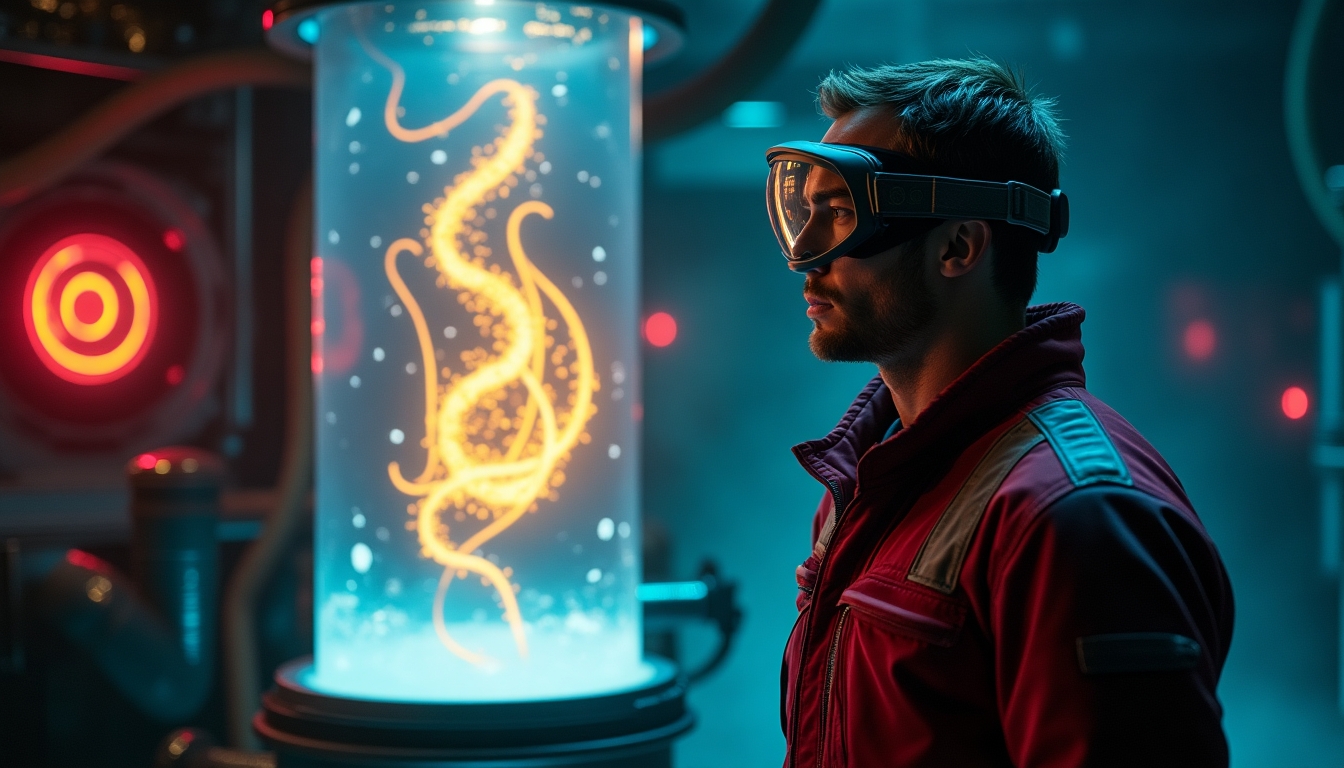
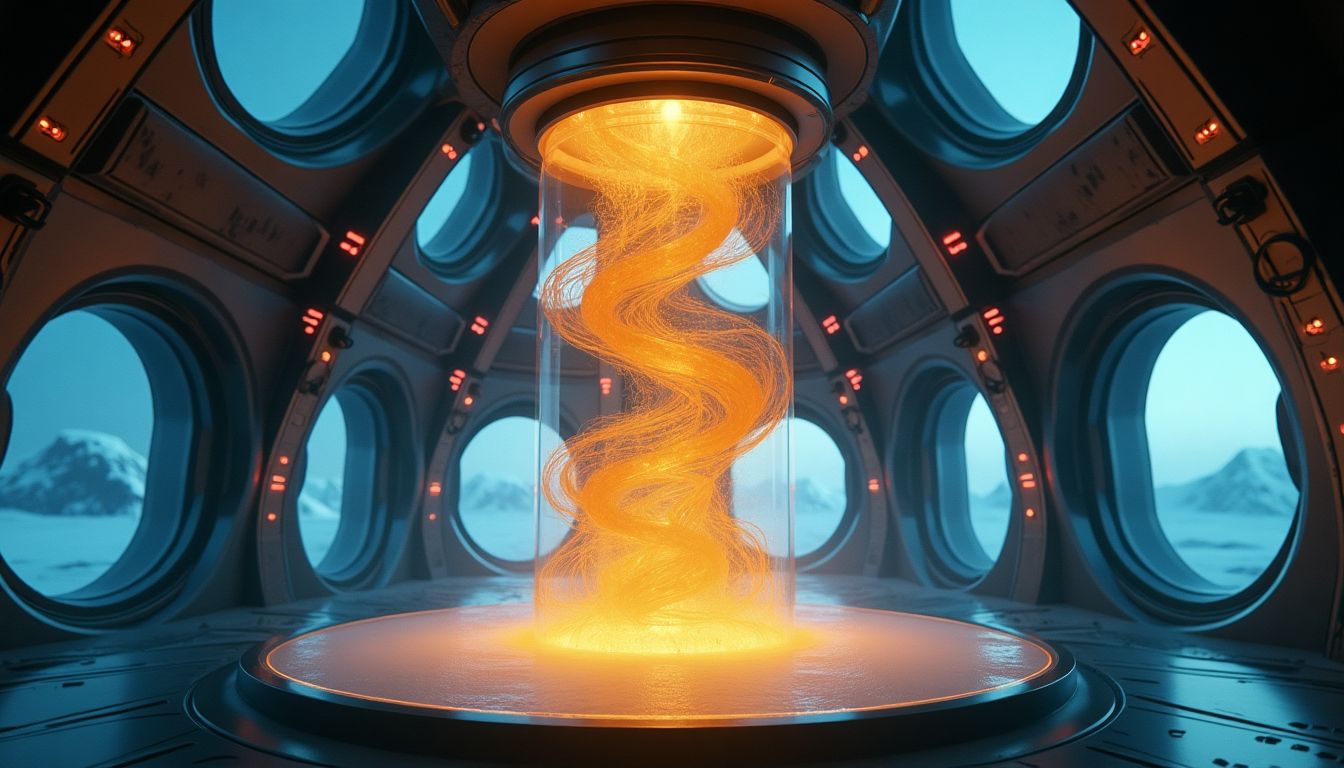


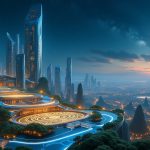


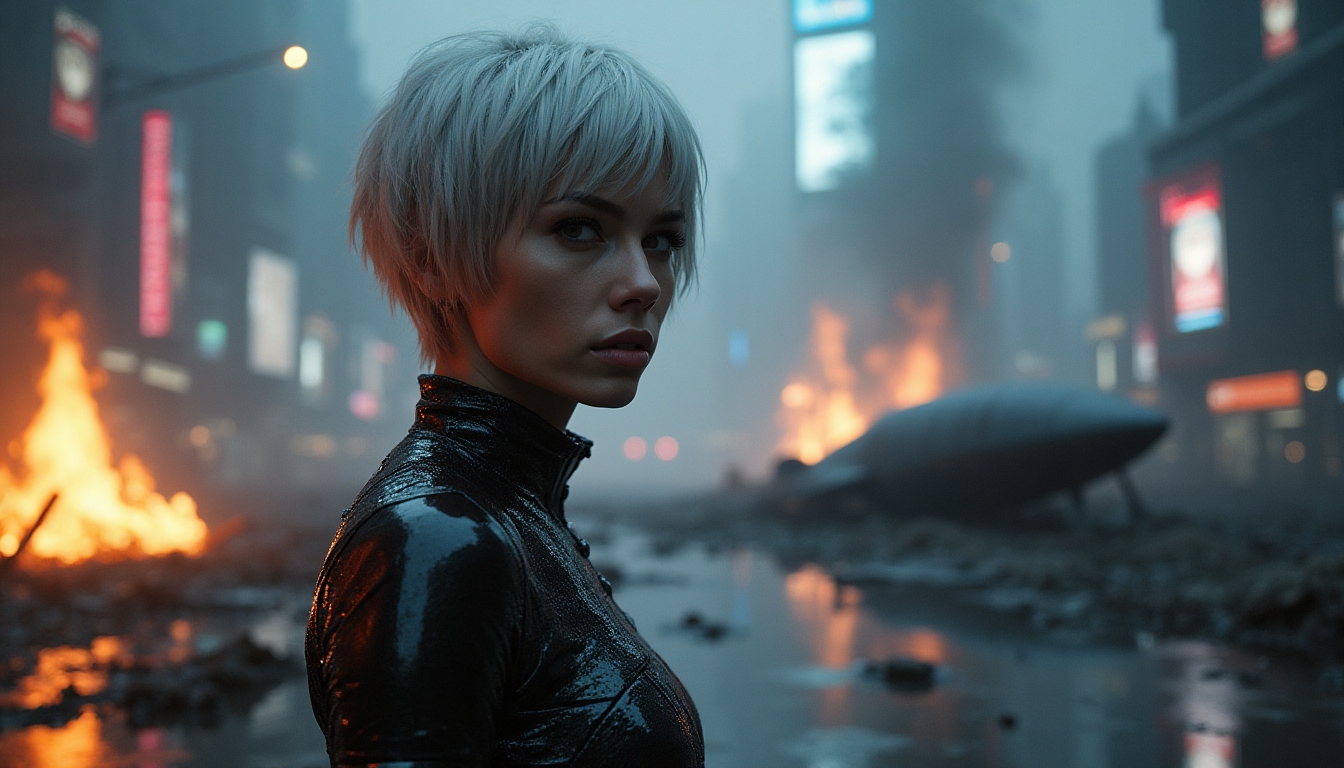

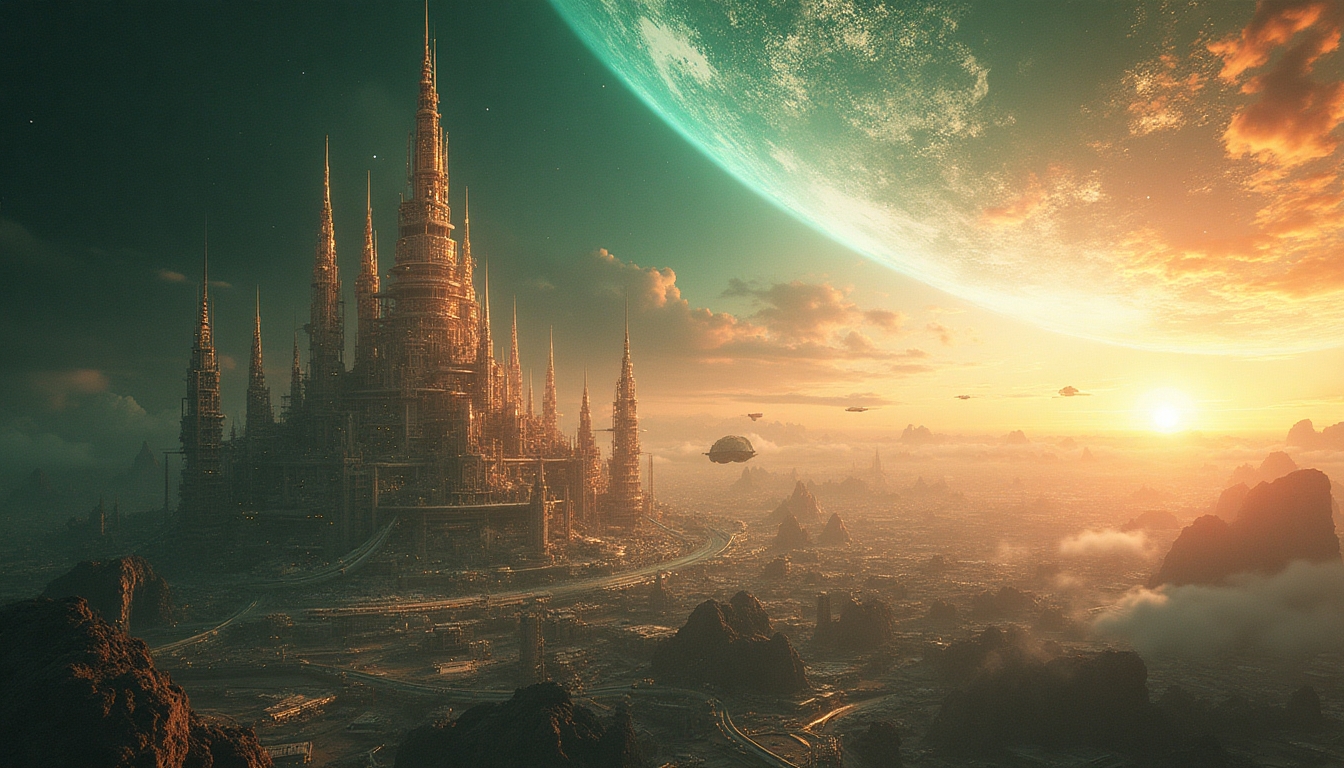















Post Comment
You must be logged in to post a comment.